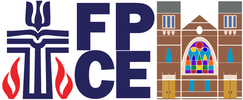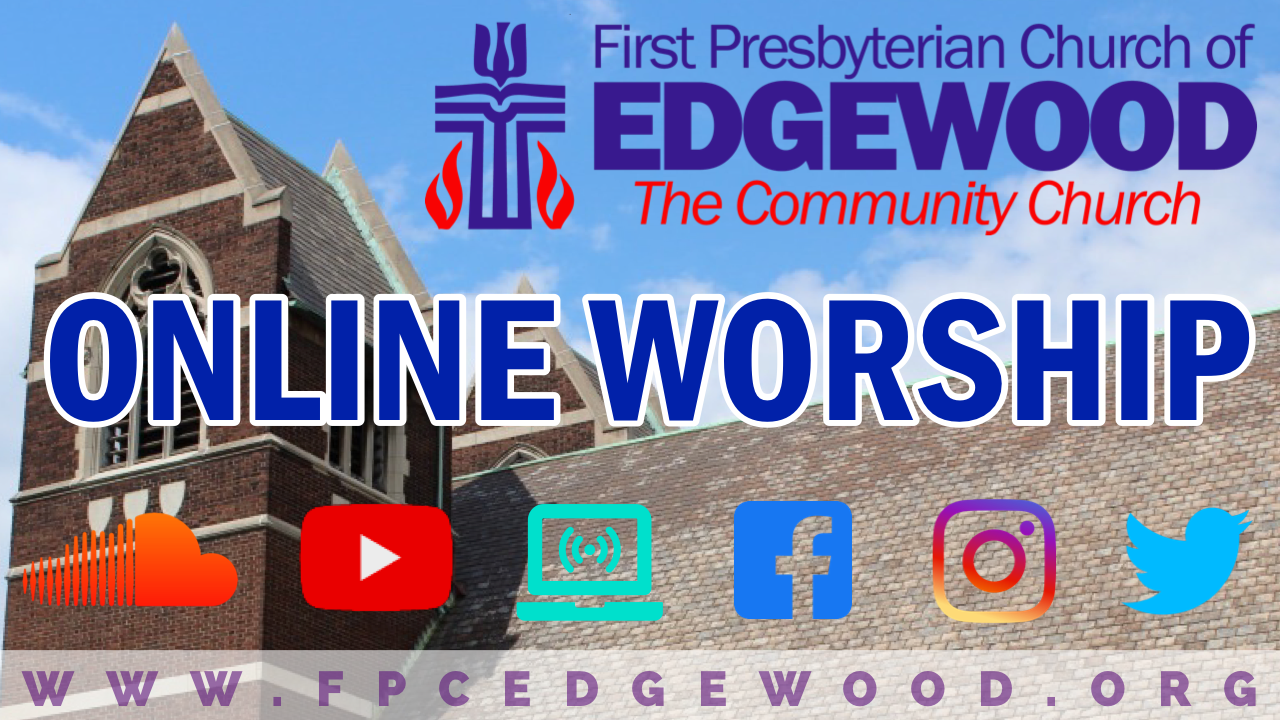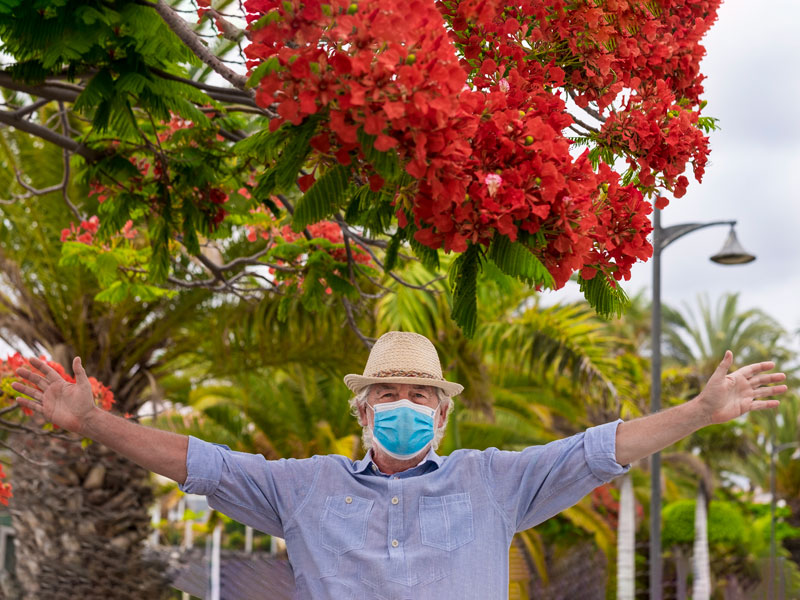YOU CAN FIND HOPE IN ALL THE PLACES YOU NEVER DREAMED YOU COULD
I've shared with you the devotion site thepracticeco.com before. This week, they began a new series focusing on hope. Here is the entry from August 31 for you to contemplate. Peace, Shaun "Hope is not an emotion; it's a cognitive thinking approach. It's how we think. And it is 100% teachable." Brené Brown You will find hope in all the places you never dreamed you would; in all the places you were told hope could never be found; in all the chaos and grit and uncertainty; hope lives on, true and strong and glowing. These are strange times, and you are right to ask if hope can stay alive amid global pandemics, and gritty election seasons on which seems to hang the balance of everything good and true; and unjust systems of oppression that refuse to heed the stories and protests of those who have been under the boot of empire and colonialism; and all the other nuanced and complex traumas and heartaches the world over. Yet still, hope endures. First, remember this: hope is not an emotion, or a fairy tale, or a warm good feeling. Hope is not some whimsical idea of optimism or plastic practice of toxic positivity. In an interview with Oprah, Brenè Brown said: "Hope is not an emotion; it's a cognitive thinking approach. It's how we think. And it is 100% teachable." (She also talks about this in her book, "The Gifts of Imperfection.") Hope is learnable, and life is always offering the lesson. She went on to say, "Hope is a function of struggle. People with the highest hopefulness have the knowledge that they can move through adversity. When we take adversity from our children, we diminish their capacity for hope." (she talks more about this in her book "Daring Greatly.") Hope is a function of struggle. Tolkien said: "Oft hope is born when all is forlorn." Hope is something that is forged within you. It's a state of being. It's how you move through the world. It comes about when you allow the suffering you've been through, or that you're in, to transform you. Hope is the gutsy metal deep in your bones that moves you through struggle, challenge, hardship, monotony, global pandemics, racial injustice, crazy political climates, inequality, the dehumanisation of others, and more. Hope is the depth within you that witnesses your life and the world, and echoes the sentiments of Emily Dickinson: "I dwell in possibility." Hope reaches beyond this moment in such a way as to help us move through it. Hope is born of promise. Every new shoot of green from the ground is a promise that life can come from the grave of the dirt. Every morning, as the earth completes another cycle around the sun, those first rays of light are the promise that time keeps moving, and new days keep being born. Even the darkness carries the promise of the stars and the galaxies and the moon. A newborn baby is the promise that God believes in us, still. The book of Jeremiah reads: "Watch for this: The time is coming'—God's Decree—when I will keep the promise I made to the families of Israel and Judah. When that time comes, I will make a fresh and true shoot sprout from the David-Tree. He will run this country honestly and fairly. He will set things right."* Many believe this to be a prophecy about the literal coming of Christ. And perhaps it was, even though from this side of history we can see that the promise didn't unfold the way many expected it too. That's the thing with hope: it's a belief that something is on its way. But you can't pin it down, or accurately articulate it. You can only dwell in the possibility of whatever it will end up being. You have to hold the tension of seeing something that can't be seen. So dear friend, what are you hoping for? That your struggle would cease? Or that in this time of waiting, it would birth within you resilience, capacity, and strength that only ever comes from choosing to believe that there is more for you in this moment, and even beyond it. Whatever the season you're in, it is for you. Let it speak, let it tell you its secrets, let it whisper its promises to you, let it light up your way. Mindful Prompt: Instead of closing your eyes, sighing, and asking "What now, why now," open your heart and ask "what if, what next?" Dwell in the wild possibility of hope no matter what comes your way, not in spite of where you are, but because of it. Hope has no geographical or situational bias. It is with you through it all. Written by Liz Milani Instagram: @thepracticeco |
Archives
July 2024
|










 RSS Feed
RSS Feed